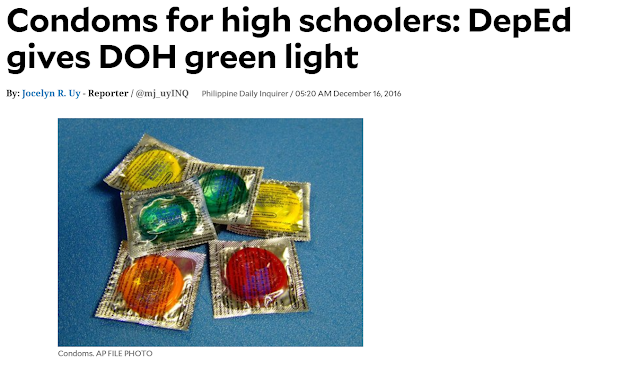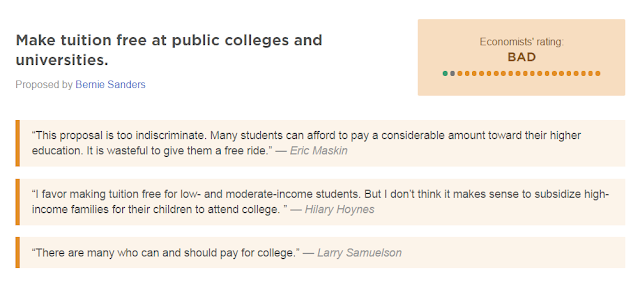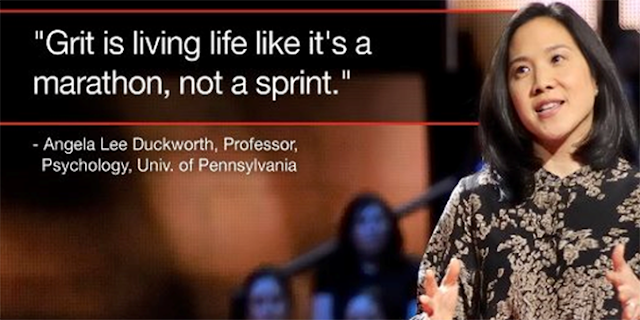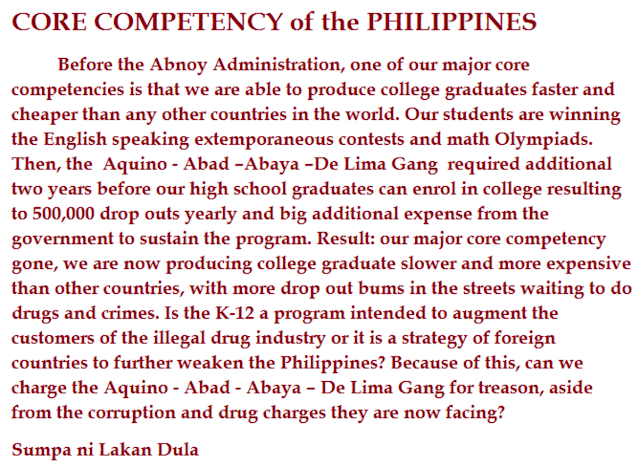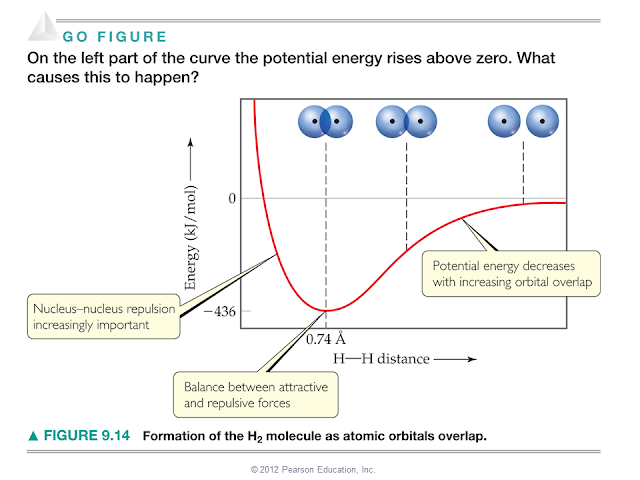Financially Disadvantaged but Academically Able

“Yet, as with all new programs, there is a need to safeguard the proper implementation of the provision of free tuition fee. It is important to underscore that we must give priority to financially disadvantaged but academically able students,” said Philippines president Duterte as he signed the budget for 2017. This change is certainly a step in the right direction, but it still misses the fact that financial disadvantage is a primary factor in weaker learning outcomes in basic education. A significant number of poor children are academically challenged. Basic education gets a boost in next year's budget in terms of chalk allowances for teachers, but the Philippines still lacks measures similar to those of the United States that provide special funding to schools attended mostly by poor children. Above copied from ABS-CBN Basic education can benefit from programs in higher education if resources to train teachers especially in math and the sciences are provided. Focus...


